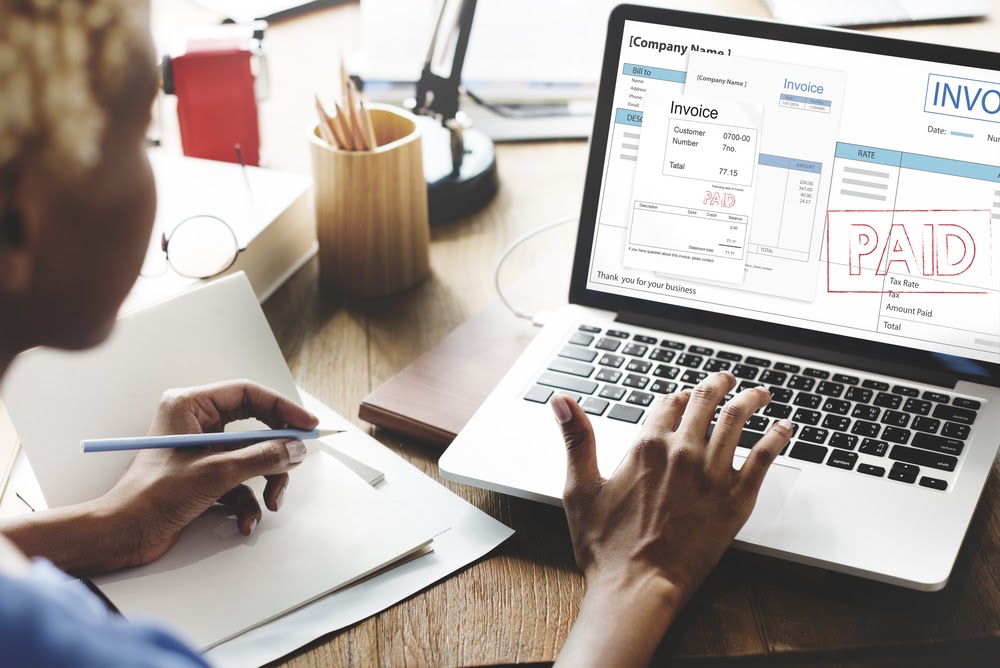Types of allowances
Allowances can vary by country and by business, that said, there are some universal allowances you’ll come across, including:
Transport allowance
This includes expense allowances paid to employees to compensate for the cost of travel for business, whether using their own vehicle or by other means, such as public transportation. A transport allowance may be calculated as a fixed dollar amount per unit of time, or by distance travelled.
Travel allowance
Employees who travel for work may be paid an allowance to cover things like meals, accommodation, and other travel related expenses. A travel allowance isn’t a reimbursement of exact expenses, but rather a reasonable estimate of costs based on how often that employee travels as part of their job.
Entertainment allowance
If any employee has to pay for meals or entertainment as part of their job, they may be given an entertainment allowance. This type of allowance is most common for employees who are regularly entertaining clients or customers.
Housing allowance
In some cases, when an employee has to live in a specific location or relocate for their job, they may be given a housing allowance to account for things like moving and transportation.
Tool and equipment allowance
Employees who have to provide their own tools or equipment for business purposes may be given an allowance as compensation.
Uniform allowance
If an employee has to wear a uniform or special clothing, such as protective gear for work, their employer may provide an allowance to reimburse them for the estimated cost of purchasing, washing, drying, and ironing the work attire.
Medical/health allowance
Employers may sometimes provide an allowance to account for the cost of medical care, private healthcare, and other medical and health related expenses.














